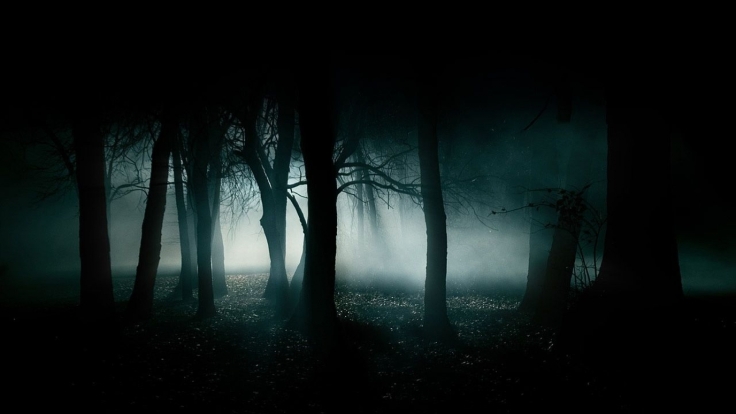
‘Horror is in everyday reality, but it is also a genre, a construction, and a representation of what terrifies and disgusts, what we fear and secretly desire.’[1]
When going back in time and considering where Horror came from, the fingers point towards the Gothic genre, which essentially originated from folklore, superstition and religion. But even though Horror sprung out of the Gothic, it has risen into its own genre.[2] I might even go as far as to say Horror is the modern Gothic, and ultimately does the same thing as Gothic used to do in its prime; lead the audience into the unknown, or ‘The Uncanny’ as Freud called it. The two genres do however appear to have much in common, but where Gothic has romance, Horror have things such as blood and gore instead. This does not necessarily apply to the whole genre on the other hand, there are many kinds of horror and one must go deeper to see the diversity, there is everything from psychological horror (e.g. the book; The Shining by Stephen King), to Horror which simply makes you feel sick to your stomach (e.g. the movie; The Human Centipede). The reason for this diversity within one genre is because we are diverse as people. There is no single and simple recipe for what people are frightened of, what terrifies one might leave another with a simple ‘Nah,’ and a shrug of the shoulders.
Behind this diversity is the change as the years have passed as well. What might have scared people in the 18th century does not necessarily scare you and me today. Because of this the Horror genre has changed and evolved, starting as early as in year 700 with Beowulf and the supernatural, to where the Horror genre truly began, with the darkness of Edger Allen Poe[3] to more modern work such as Stephen King’s Graduation Afternoon, where the concept of atomic war, a theme closer to our time is more frightening in the 21st century.[4] As the Horror has grown into a broader spectrum of types, it has also moved into more modern forms, from folklore and telling of tales, to written stories and books, to movies and screen, to the more modern; games (e.g. The Slender Man: The Eight Pages). I see no end to the expanding of the genre either, and as long as we have things to be scared of, such as death, war, and the unknown it will continue to do so.
A mystery however, is why people who are safe insist upon reading and watching horror. Why do humans like to feel the rush of terror, and willingly expose themselves to things that might leave them not only scared, but perhaps paranoid and scarred for life. Perhaps the word ‘safe’ is the key word in this question, that feeling safe while scared is exactly why we do it. That while yes, we watch a Horror movie in the dark, or read a Horror book while being home alone, we know deep within that no harm will come to us, it is simply all in our minds.
[1] Wisker, G. (2005). Horror fiction. New York: Continuum, p.5.
[2] Ibid., p.26.
[3] Ibid., p.39.
[4] King, S. (2012). Just after sunset. London: The Hodder paperback, pp.253-61.
November 24, 2016 at 9:32 pm
Hi! I love how you incorporate historical and contemporary horror so seamlessly into your post. Your ideas about how horror affects people differently depending on what time it is viewing is really interesting, especially the fact that atomic war is more feared now, in the 21st Century. I didn’t think about it before, but every generation has their own mass fear, that’s a fascinating idea.
LikeLiked by 1 person